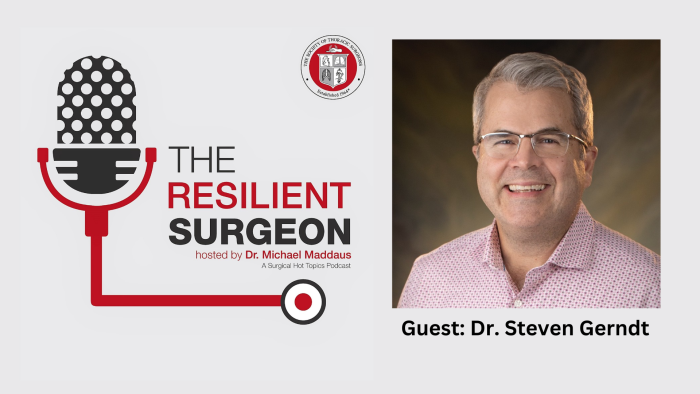STS podcasts feature conversations with member surgeons and expert influencers that shine a light on the most pressing issues and opportunities in CT surgery, leadership and surgeon wellness. Discover new ideas. Hear different perspectives, Find connections.
